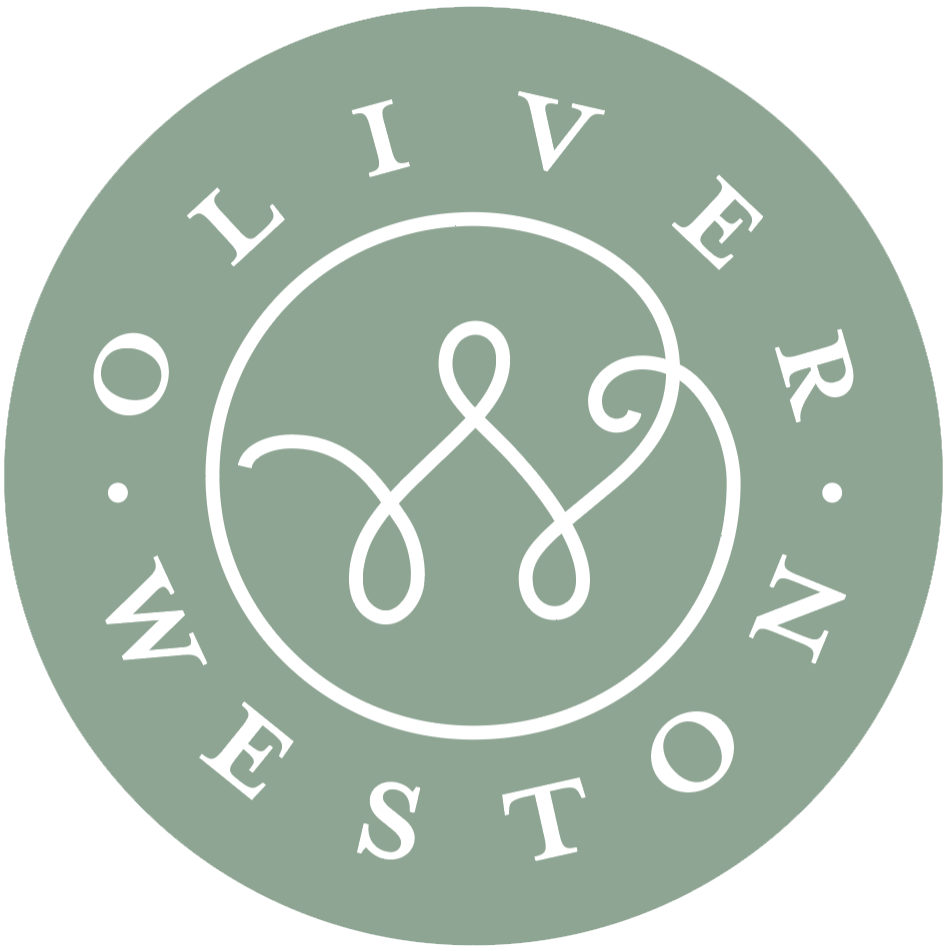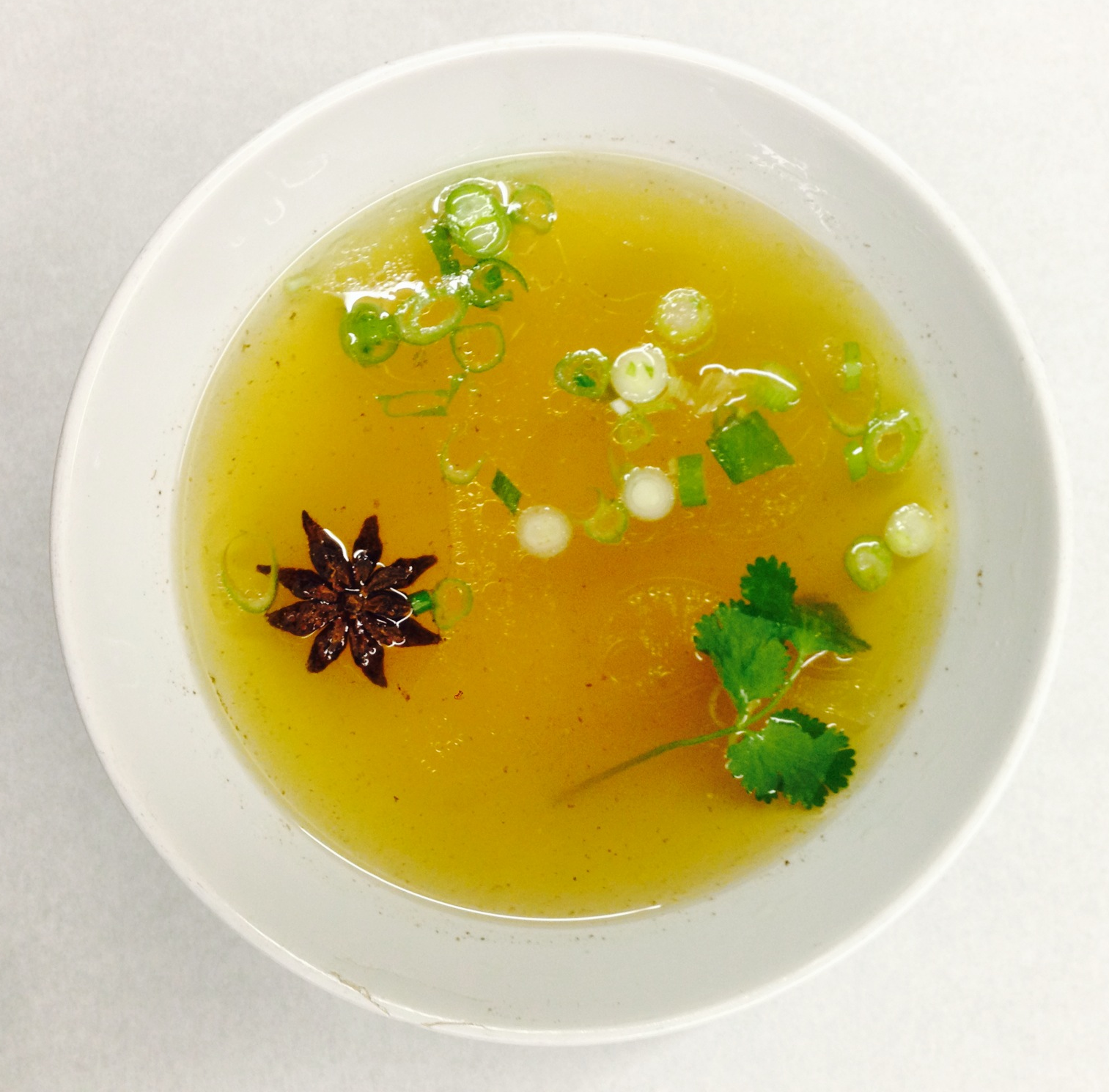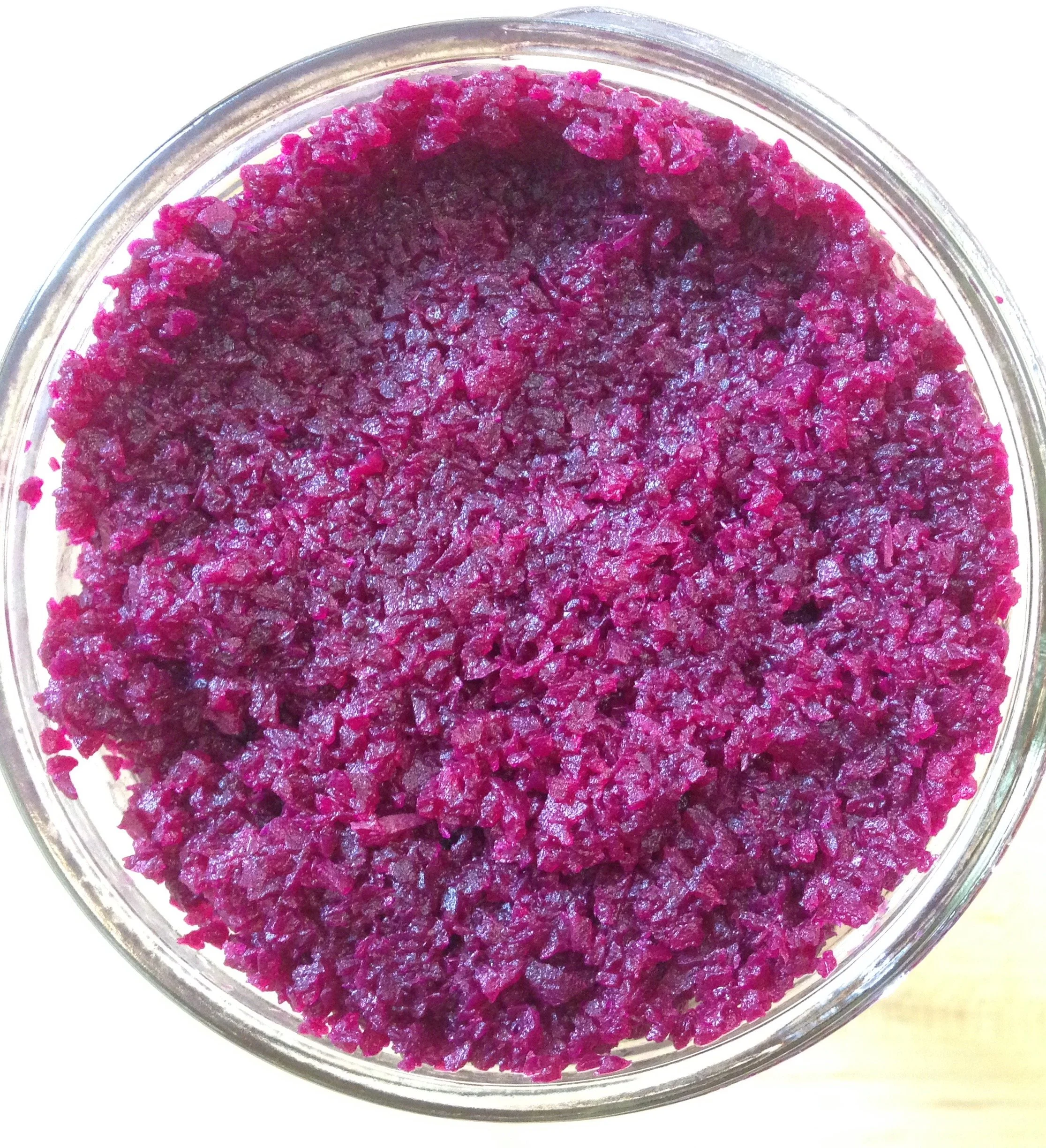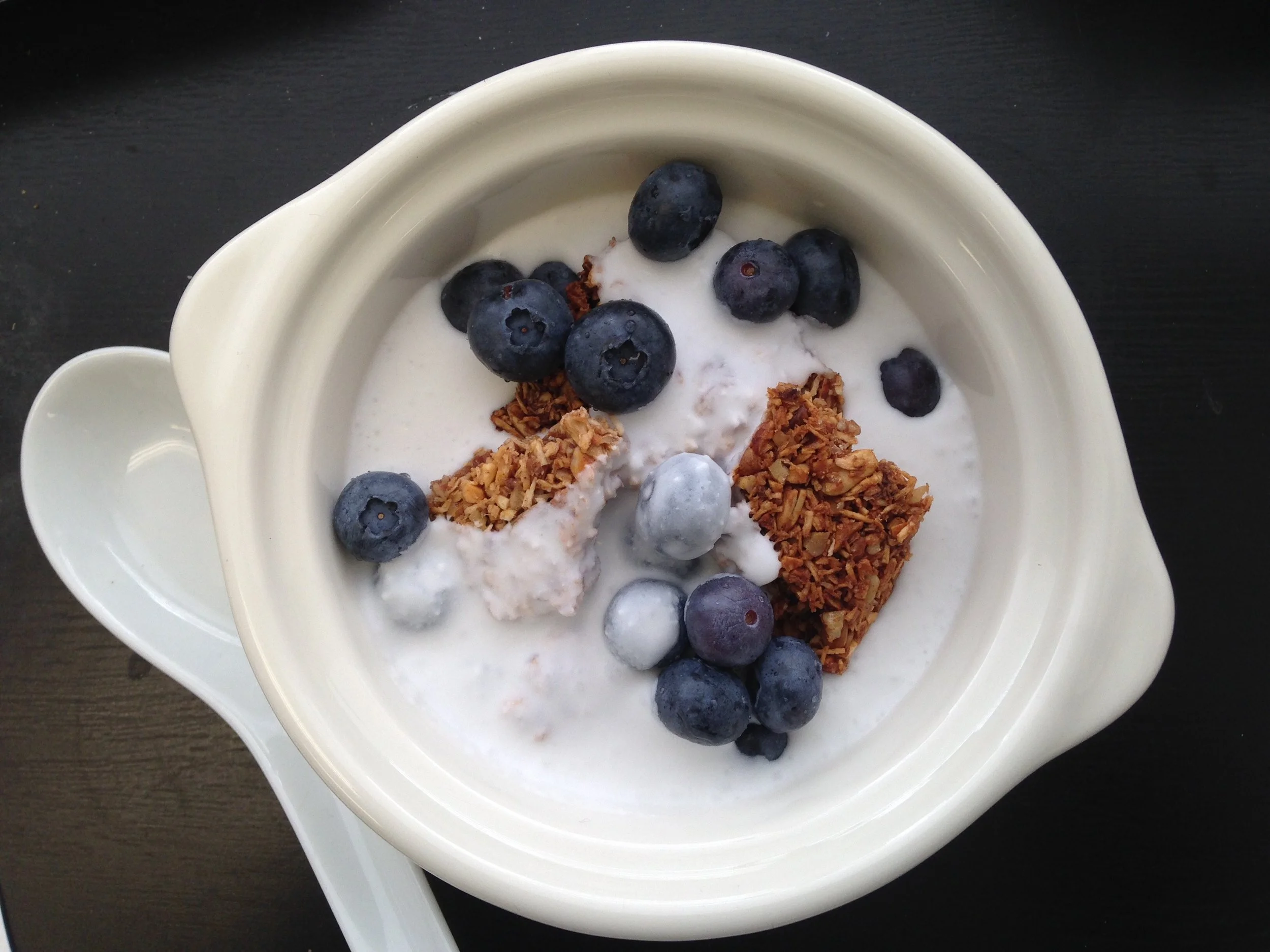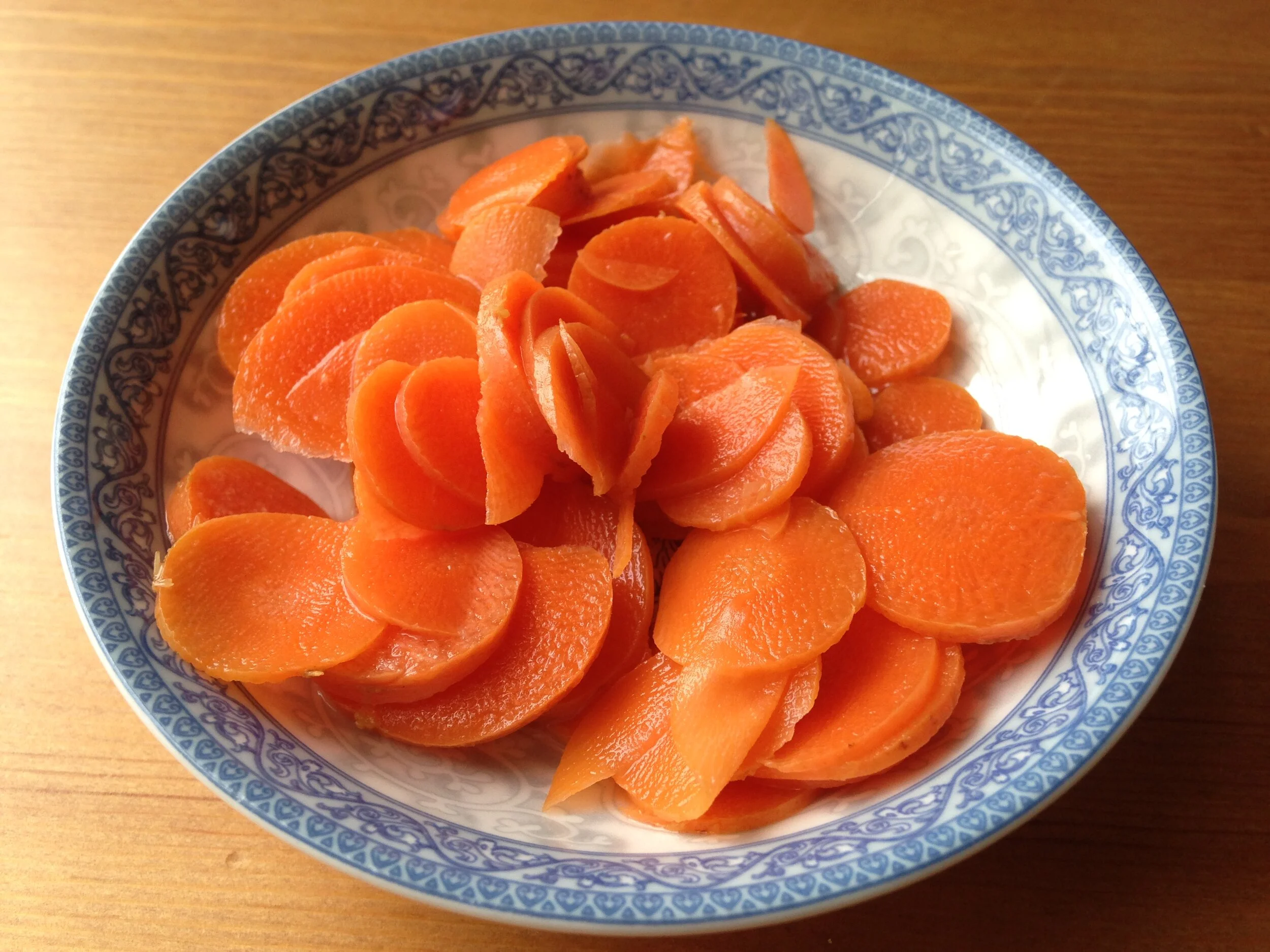
Our Philosophy
Food is more than fuel. Food is nourishment.
Food not only sustains — it has the power to restore us.
At The Oliver Weston Company, we follow the principles of Weston A. Price within a Paleo template. We prioritize local seasonal produce, pasture-raised proteins, bone broths, and healthy fats that the body recognizes and uses with ease. Every dish we prepare is made by hand using local and organic ingredients.
Bone Broth
Traditional cultures simmered or ground animal bones to release valuable minerals. Bone broths are the easiest and most delicious way to gain these benefits, along with gelatin for joints and skin, plentiful free amino acids, and hydrophilic colloids for enhancing digestion. Using bones for broth is an important aspect of nose-to-tail eating, a practice which respects and cherishes the value in each part of the animal. Read why ours is the best.
What to eat instead? Emphasize vegetables, high-quality protein, and nourishing fats.
Grains & Legumes: Good or Bad?
We advocate conscious consumption of grains and legumes, which is why you won’t find many grain options on our menu; those we do use are soaked and either fermented (millet sourdough, buckwheat sourdough) or sprouted (quinoa pilaf). Our beans and legumes are given a long soak, simmered with spring water and kombu, and prepared with healthy fats.
Fermented Foods
Think raw is the way to go for optimal nutrition? Fermented vegetables have much higher levels of enzymes and vitamins than their raw counterparts, plus the powerful benefit of probiotics. The fermenting process (time + salt + a sealed environment) allows the naturally-occurring lactobacilli present on all living things to use the sugars in the veggies for food and multiply dramatically. There are more beneficial live organisms in one jar of properly-fermented veggies than in an entire bottle of probiotics! Ferments enhance digestion of protein and fats which is why they are traditionally consumed as part of a protein-rich meal.
Pay attention to how vegetables affect you and select the ones that work best for your body
Produce
Vegetables and greens are the critical foods needed to provide cleansing and detoxification, while also serving as nourishment for the beneficial microorganisms in your digestive tract. Fresh greens and vegetables in all the colors of the rainbow, served raw or cooked as needed for good digestion and enjoyment (not in the form of juices or powders) should be the foundation for each meal. We recommend a strong emphasis on vegetables over fruit. For more on healing, read the Gut And Psychology Syndrome.
Nourishing Fats
Did you know that babies and children need more calories from fat than from protein? The right kinds of fats provide incredible nourishment and are essential for growth, energy, mental function, healthy digestion, and hormone balancing. They also contain valuable nutrients and provide a feeling of fullness or satiation that quells sugar cravings. Traditional fats for cooking are safe at medium to high temperatures, including ghee (clarified butter), poultry fat (chicken, goose, duck), beef tallow, pork lard, and refined coconut oil. Butter, raw virgin coconut oil, and extra-virgin olive oil are best added after cooking to retain their nutritional content.
Buy direct from farms and farmers’ markets so you can find out how the animals are raised
Protein: The Building Block of Life
High-quality protein contains all the essential amino acids the human body needs, typically only available from animal sources. Depending on blood type, activity level, age, and ethnic background, you may require more or less high-quality protein in your daily diet, but a good rule of thumb for most adults is 20-30 grams at each meal. Insufficient protein can lead to fatigue, irritability, edema (fluid retention), muscle loss, and strong cravings for unhealthy foods. Rather than denying or neglecting your body’s needs, focus on choosing wisely and responsibly.
The Dairy Dilemma
At the Oliver Weston Company, we’re very conscious of food intolerances, so we don’t usually include dairy in our recipes; raw cheese is an option in some of our casseroles and quiches. For recipes that require a rich, creamy flavor, we opt for delicious, additive-free coconut milk. Coconut milk does not contain the phytic acid and enzyme inhibitors found in some nut milks, or the high levels of estrogen found in soy milk.
Healthier Sweets
Turn to natural sweeteners and fruit to satisfy that desire for something sweet, and be sure to have it after a meal when it will do the least harm to your blood sugar. Here at the Oliver Weston Company, we exclusively use dark (formerly Grade B) maple syrup (less refined, and higher in minerals), raw dark honey, and very occasionally organic coconut sugar to sweeten our baked goods and desserts.
